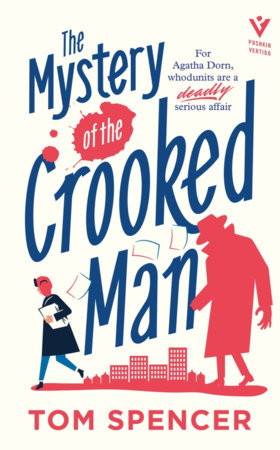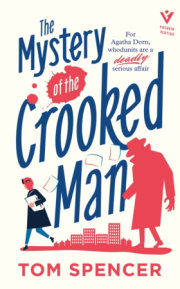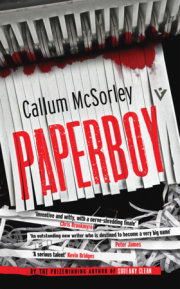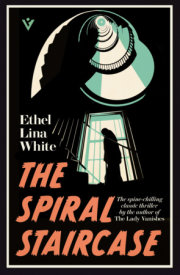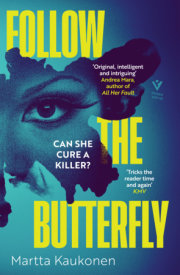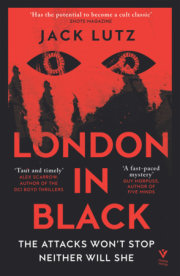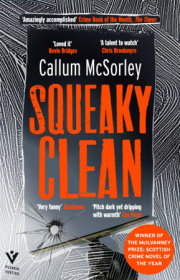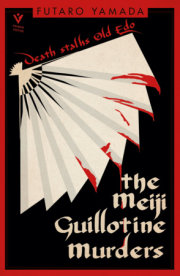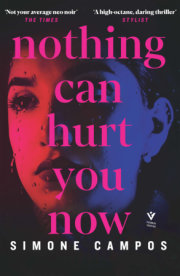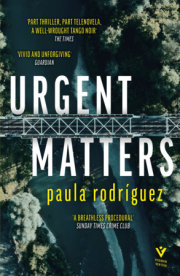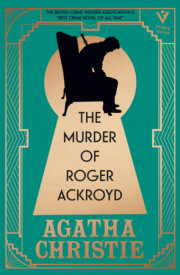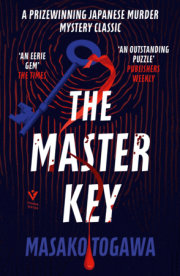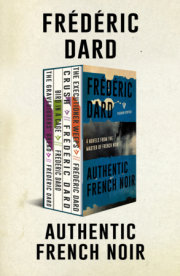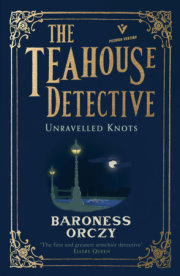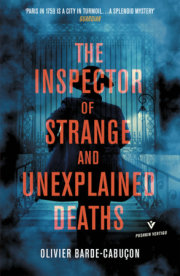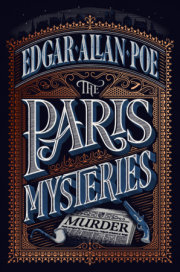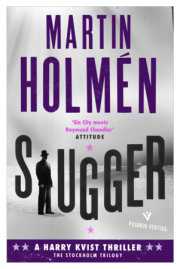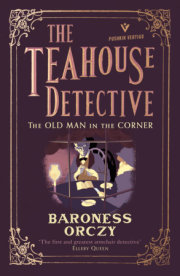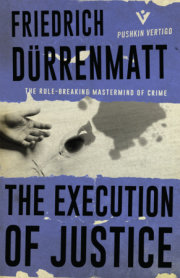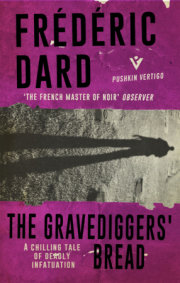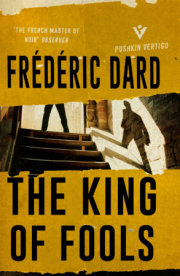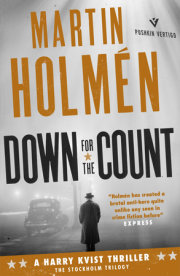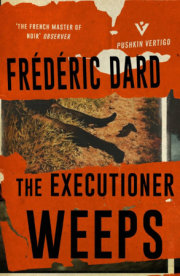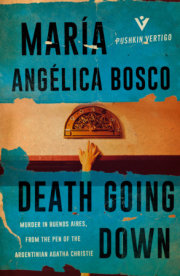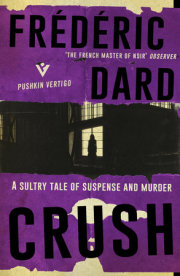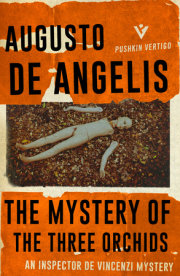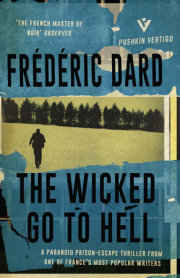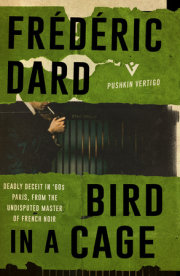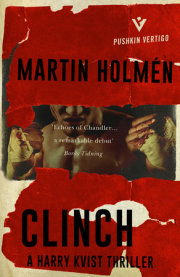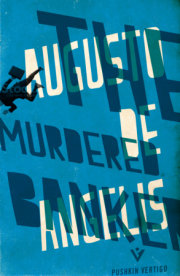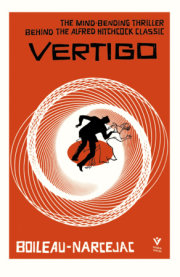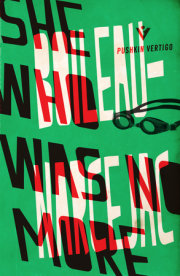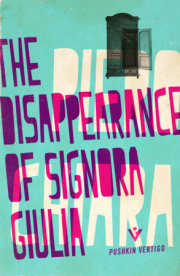1
The call is coming from inside the house. As per bally usual.
The guttural voice promising to sever my thus-and-such and rip off my what-have-you. And, as always, describing the scene in minute detail—the white tiles on the kitchen wall with the scarlet trim. My disastrous brown dress with the puff sleeves and the smocking at the neck.
I’m here. You can’t see me, but I’m here.
I’m in the room. It is 1980. Being eight years old, I am not at all sanguine about the whole thing; not like nowadays. There are no mobiles, no caller display. I need help, but no one is here. Heri, my brother, is in his room, nursing his wounds from his most recent playground beating. He is the kind of child who elects to go by the German ‘Heribert’ when his given name is ‘Herbert’, so you can see why he gets bullied. My mother Clara is off plundering one of the various bottles stashed around the house about which she thinks we do not know. When she finally hears my howls and arrives in the kitchen, I sob that the murderer must be phoning from right here, from the next room. She harrumphs and tells me there is no way to call your own phone number. (Which is true. I don’t know how the killer is supposed to have managed it in those seventies horror films.) She takes the phone from me and holds it to her ear. As always, nothing, only the dial tone. I am entirely hysterical, but Clara has dealt with my nonsense too many times. ‘Why must you always lie and lie?’ she yells. ‘Normal children do
not lie and lie and lie!’ She cuffs me on the back of the head with the handset, which is hefty and made of hard plastic, and tells me she does not want to see me again until the morning. No dinner for Agatha again.
I’m right here with you. I don’t have a name for the Crooked Man yet, but I am already becoming intimately familiar with his ways.
I was in my small office, the smallest one at the Neele Archive, thirty-seven years later. I was trying to placate a headache that had been coming on all morning, while waiting for Ian, my boss, to telephone with the good news. Agatha Dorn, Curator of Prose! That was what I was about to become.
What’s the Neele Archive? I hear you ask. And what’s a Curator of Prose, for that matter? Well, I suppose I shall educate you if I must. The Neele is like a fancy library in the heart of the City of London, housed in the remaining part of a row of terraced Georgian houses that the German bombs managed to miss during the Blitz. Only, where your ordinary library has large-print editions of romance novels, we have first editions, holograph manuscripts, and other rare items of scholarly interest. Where your ordinary library has old ladies checking out lurid thrillers, we have celebrated academics from around the world visiting our collections. And we don’t let them check out anything. They have to work in our reading rooms, under the beady eyes of our curators.
The curators! It has, you see, to be somebody’s job to look after the collections—to handle donations—to search out and purchase new items—to create coherent collections around which we can structure exhibitions and on which we can build
our reputation. And that was what I was waiting to hear that I had become.
If I were to look over at the door, I would catch my reflec- tion in the little window that looks out onto the Neele’s main hallway. When I’ve had a couple of gins-and-water, I like to think I resemble a taller, bonier Fiona Shaw. When I’m hide- ously sober, which I am now, I have a less flattering opinion of my appearance.
I hate the little window in my door; it lets any old hawker snoop on me in my own sanctum, which is frankly unconscion- able. I tried taping paper over it when I first started working here, but Ian said the paper looked disreputable and made me take it down.
Next to the door is a hatstand, on which is arranged my usual drag—a big grey tweed greatcoat and a red hunting hat with ear flaps. I wear them winter or summer. Though climate change is making that less tenable these days.
Instead of looking at the window then, I tried looking at the back of the anglepoise lamp that cannot be restrained from swinging directly into the path from the door to the desk. The desk itself only fits because it is wedged so close to the wall that eking my way to my chair feels like getting into the middle seat on an aeroplane.
But looking at the lamp was making my head worse, so I closed my eyes. I get these headaches that start as a little dry sensation in my left eye. One can hardly tell if it is a headache or if one’s just dehydrated or something, but one has to get good at noticing the exact quality of the sensation. If one doesn’t start taking ibuprofen the very second one feels it, one is essentially finished. Today, I had missed the
window. I hoped no one would look in, or they might think I was sleeping on the job, which would be unfortunate today of all days.
Vera, the bed-blocking former Curator, had retired six months previously, and I had been serving as what everyone assumed was a
faute-de-mieux interim while we did a search. When I had asked Ian if my new position would be made per- manent, he said that I was welcome to apply for it—meaning that there wasn’t a chance in hell. The Neele was where I had ended up when I dropped out of university, and I had spent the last twenty-five years being ignored, passed over, and generally made to feel like a waste of space.
But all that was about to change. I had called Ian’s bluff and applied. More than that, I had been a first-rate interim. I had always excelled in small, unnoticed ways. So, I simply ensured that people noticed. For example: I saw that the cat- alogue still had a subject heading, ‘Indians of North America’, and I altered it to ‘Native Americans’. Before, that would have been that: just me, muggins, silently making our place of work better, with no hope of reward. Now, I circulated an email assertively but compassionately chiding the staff for having let a racial slur stand in our catalogue, and noted that, incidentally, I had now taken the initiative to change it. I could just imagine them reading the email and respecting the heck out of me for it.
Now that they could see what a great colleague I was, the job was basically in the bag.
And yesterday, Bunner, the ovine granny who does acces- sions, and whom I pretend to like, had told me that Ian had told
her he was going to announce it today.
The phone rang. At last!
‘Miss Dorn,’ said a voice that was not Ian’s. ‘Are you the daughter of a Mrs Clara Dorn?’ Christ. Now?
Now? I suppressed the urge to tell him it was none of his business. Instead I said that I was.
‘I am the manager of the Sunshine Garden Centre in Palmers Green. We have your mother here in the security office.’
‘Why is she in the security office?’
‘One of our loss-prevention operatives found her outside the premises with a bar of Kendal Mint Cake she had not paid for.’ I wondered how many loss-prevention operatives one garden centre needed. ‘Ordinarily we refer such matters directly to the authorities but your mother appearing to be a little—well, a little
confused—not to mention, ah, the ques- tion of her advanced age, we chose to detain her on site until further arrangements could be made.’ He seemed to expect me to say something at this point, but I let an uncomfortable silence drag on instead.
‘We asked her if there was someone we could contact and she gave us a card that had your name on it,’ he said at last. Another pause. I think he thought I would have been speeding to rescue her at the first mention of
the authorities. ‘Do you think you could—come and get her?’
God’s teeth! Where the h— was Murgatroyd?
There was nothing for it, though. What was one supposed to say?
No, I’m too busy waiting to be promoted to come and bail my hateful mother out of garden-centre pokey? ‘I’ll be there as soon as I can,’ I said. It was more than she deserved.
Clara’s long-standing and harmlessly eccentric lapses— the occasional finding herself in Tesco without her skirt or
serving the chicken without having cooked it and so forth— had recently been anointed
dementia. When he had told me, Clara’s GP had seemed surprised that I did not immediately leap up, grab my things, and move back to my childhood bed- room in Palmers Green in order to wipe Clara’s bottom for her until she died. Instead, I was making do with a system where she gave a next-of-kin card to whomever came across her in difficulties. Murgatroyd was the top name on the list, but she had been falling down on the job. Murgatroyd’s being my— what? best friend? ex-girlfriend? Ugh, I don’t know, whatever she was—being
that, Murgatroyd was admittedly not next of kin, or even kin at all. But she had been happy to do it, and I had not. At least, that was what I had thought.
I looked at my watch. It was just before ten. We had a staff meeting at one. Perhaps Ian was going to announce the pro- motion then. And if he wanted to reach me in the meantime, he could always ring my mobile. I could get Clara home, pray to God I could reach Murg, and get back in time for the meeting. I decided to go for it. It was not as if I had much of a choice, in any case.
Having extricated Clara from the garden centre and got her back to her house without too much trouble, I succeeded in raising Murgatroyd. It wasn’t hard. You just had to keep ringing over and over until she picked up. I made a mental note to put an addendum to that effect on Clara’s senility card. I told Murgatroyd she needed to come over.
When I got off the phone, Clara was standing over the stove, making an omelette, and at the same time, smoking a cigarette. She was wearing her nicotine-stained dressing gown and her
slippers that looked like she had walked through a puddle of diarrhoea.
‘It’s good to see you again, Agatha,’ she said, without turn- ing round.
‘Yes, you too, Clara.’
‘Agatha, I forget how you take your tea.’
I liked my tea poured directly down the sink, like all right- thinking people, but I didn’t want to start a fight. ‘Milk and two sugars,’ I said.
‘And how is your mother?’
‘She’s suffering a little bit at the moment.’
‘Aren’t we all? And you’re doing a degree, aren’t you?
Something to do with libraries?’ ‘That’s sort of right.’
‘And your mother’s paying for that, I suppose? That seems to be how it is nowadays, children just stay at university for- ever, don’t they? Well, it’s better than working.’ I said nothing. ‘It takes all sorts, doesn’t it? Everyone finds their little niche. Be it ever so humble.’ She turned and placed in front of me a perfectly cooked French omelette, larded with cigarette ash.
I heard the front door; Murgatroyd had arrived. I gratefully fled the kitchen.
Murgatroyd’s short, round body, wrapped in a swath of tie- dyed material that one supposed was a dress, ambled into the room. ‘Murgatroyd, what on earth are you playing at,’ I said. ‘You’re supposed to be first call! This is the third one I’ve had to do in two weeks!’
I expected Murgatroyd to be apologetic, or defensive, or angry, but instead she just seemed solemn and headed into the sitting room.
‘Agatha, are you going to be strange if I try to talk to you about something serious?’ she said.
‘I can’t think what you mean,’ I said. ‘I shall be as appro- priate as always.’
‘Well—’ Murg said. ‘Maybe you’d better sit down. That’s what people say in these situations, isn’t it?’
‘What situations?’ I said, remaining standing.
‘Look,’ she said, ‘when you phoned for the fourth time in a row, I was in the doctor’s waiting room. That’s why I didn’t answer.’
‘Thank you for picking up then,’ I said. ‘I kept ringing because it was important.’
‘Agh!’ said Murgatroyd. ‘I
knew you’d be like this! Look! Whatever it is that makes you incapable of caring for your mother, you need to deal with it. Agatha, I don’t know how to tell you. I have cancer. That’s why I haven’t been available lately.’ I had a whole retort lined up, but, thanks to Murgatroyd’s irri- tating announcement, it would be in poor taste to say it now.
‘Is it bad?’ I said, like an idiot.
‘I’m afraid so. They think I have a few months. You’ll have to make other arrangements fairly fast.’ Her voice cracked a little bit, whether because she was laughing at her witticism or because she was starting to cry, I wasn’t sure.
‘Agatha,’ she said. ‘I need to tell you something else.’ ‘Yes?’ I said. I was still cross about the cancer.
The irritation must have come through in my voice, because Murg made a face as if she had thought better of whatever she had been going to say. ‘Well, no,’ she said instead. ‘It’s not a good idea—yet. When I’m gone, look in the Secrets Book. It’s important. You know where to find it.’
Honestly! Why she couldn’t just spit it out! In the old days, Murgatroyd used to make a great performance of writing in a purple journal made for tweenage girls, with SECRETS BOOK embossed on the front and a heart-shaped padlock. If I annoyed her, she would say ‘That’s going in the Secrets Book’ or ‘When they read the Secrets Book, they’ll see all the s— you put me through, Agatha Dorn.’ I never really knew what she wrote in there. But I knew she kept it in her bedside table.
‘OK,’ I said. I have never been good in this kind of situ- ation. I hate it when people are ill or unhappy—it sort of spoils everything for me. I did nothing for a moment, then I awkwardly put my hand on top of Murgatroyd’s. She seemed to take this as a sign that I couldn’t find the right way to express the profound sympathy I was feeling, and gave me a disgusting, sentimental hug, sniffling as she did so. She had always cried easily. I hugged her stiffly in return for what I hoped was an appropriate amount of time. How did one tell? Then I gave her a release-me pat on the back and said I was sorry, I had to go back to work, I had a migraine coming on, which might or might not have been a lie, I couldn’t really tell. I would telephone her the next day with a plan about Clara, I said.
That was definitely a lie. I had no idea what I was going to do. Then I speed-walked down the street to the bus stop to begin the trek back to the Neele...
Copyright © 2025 by Tom Spencer. All rights reserved. No part of this excerpt may be reproduced or reprinted without permission in writing from the publisher.

